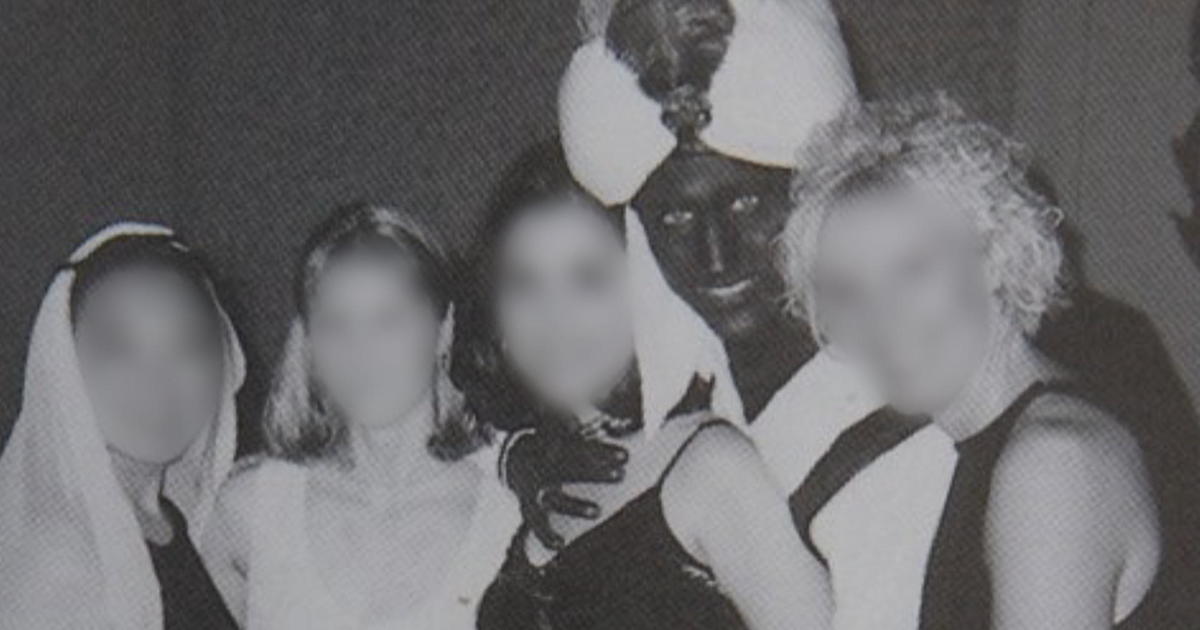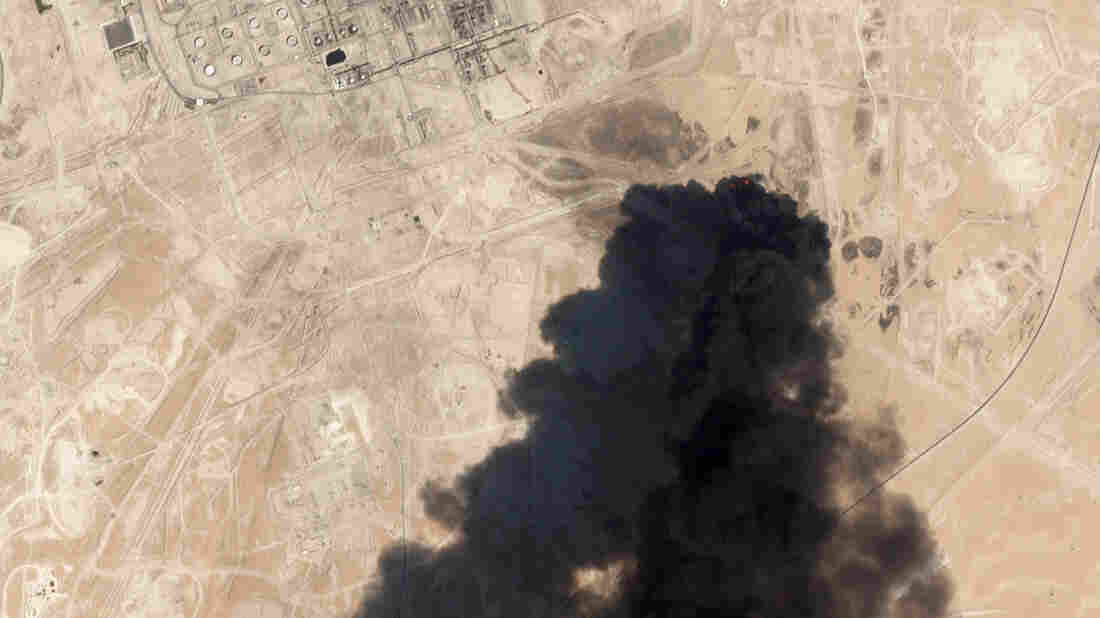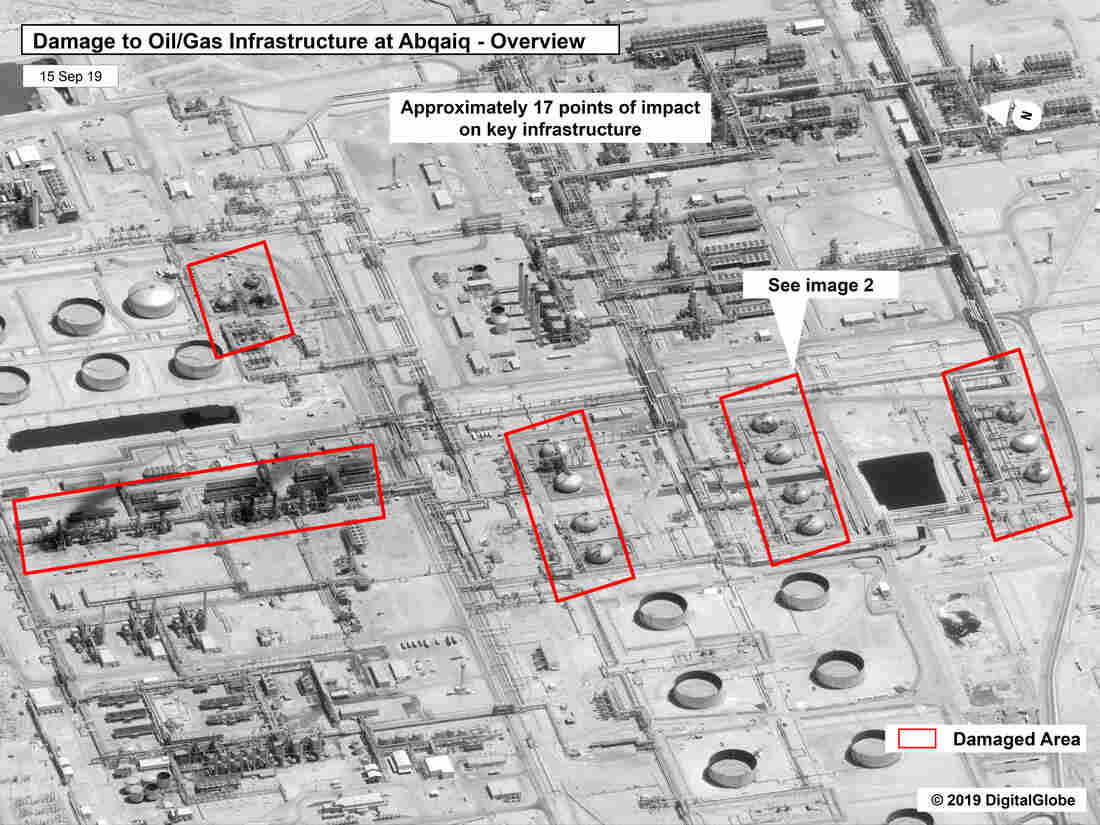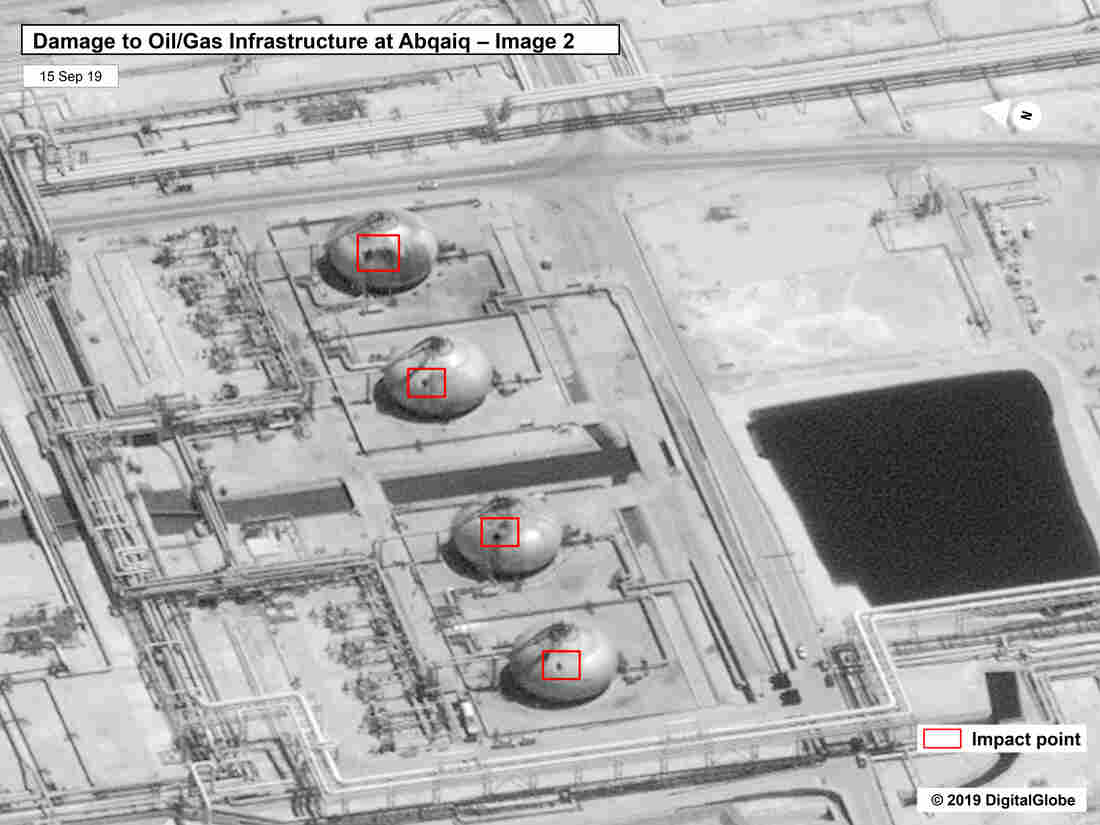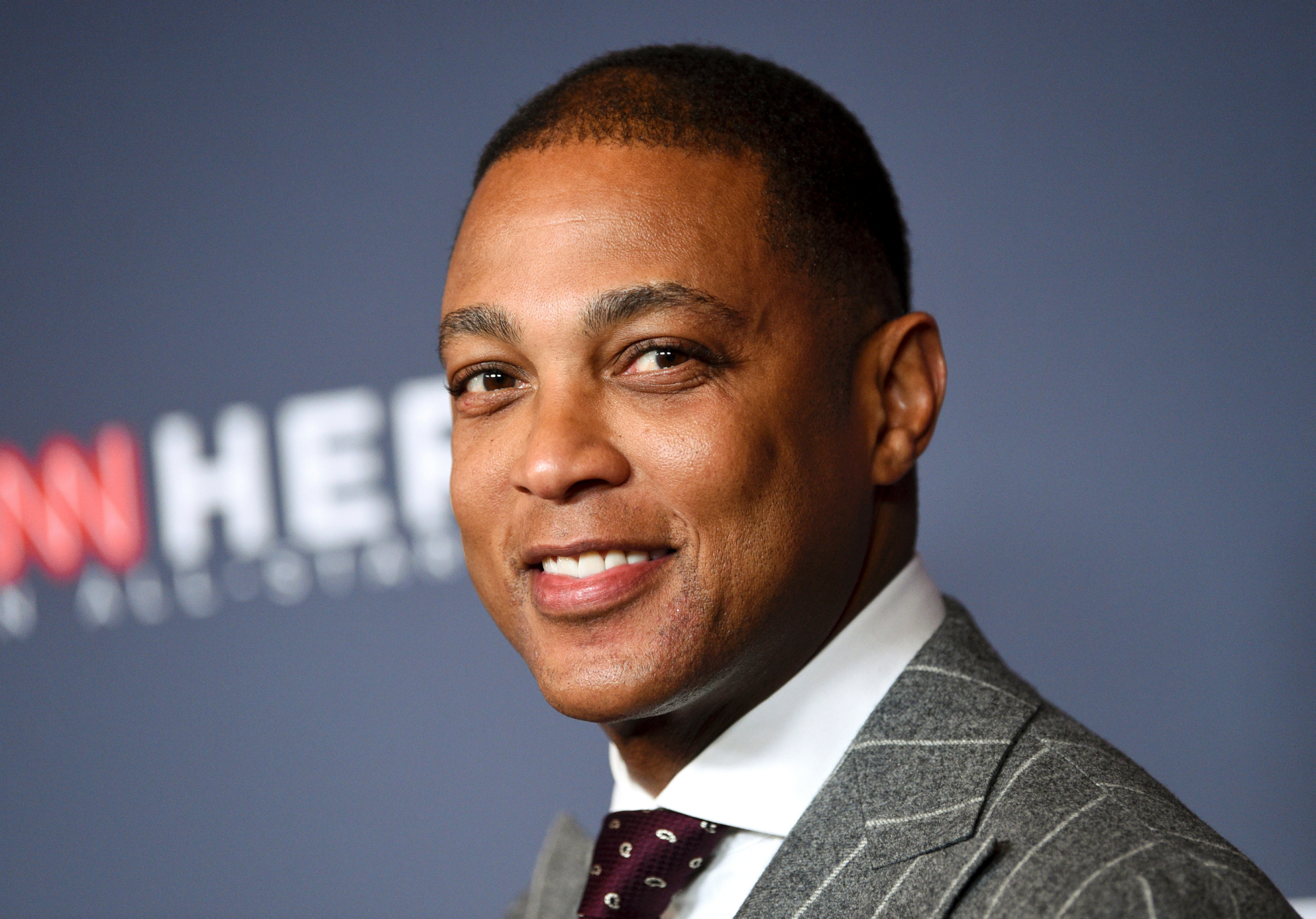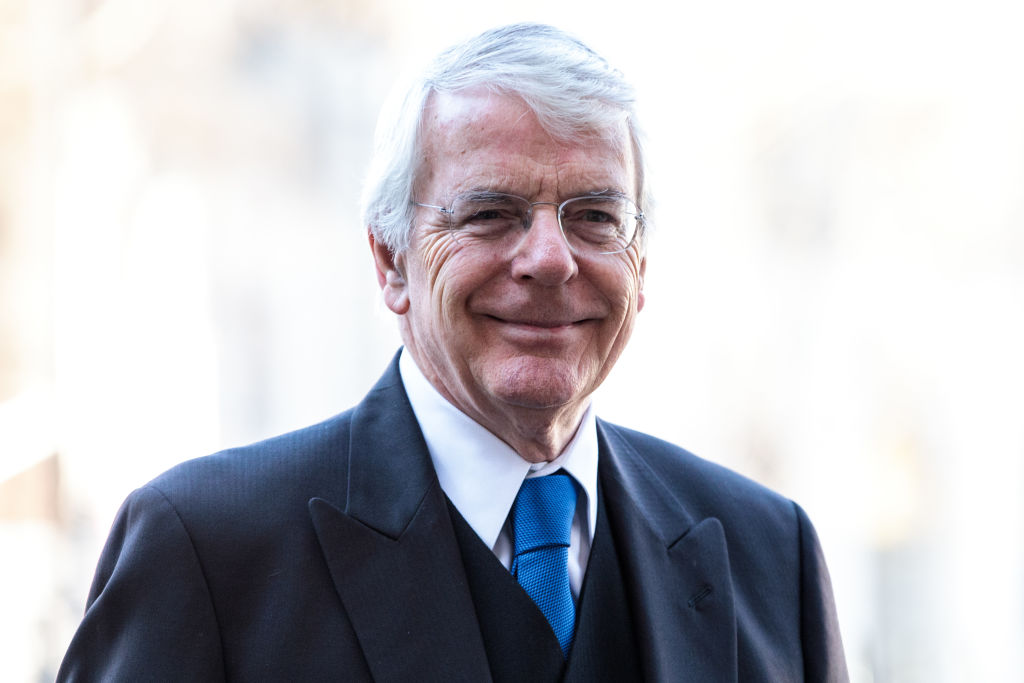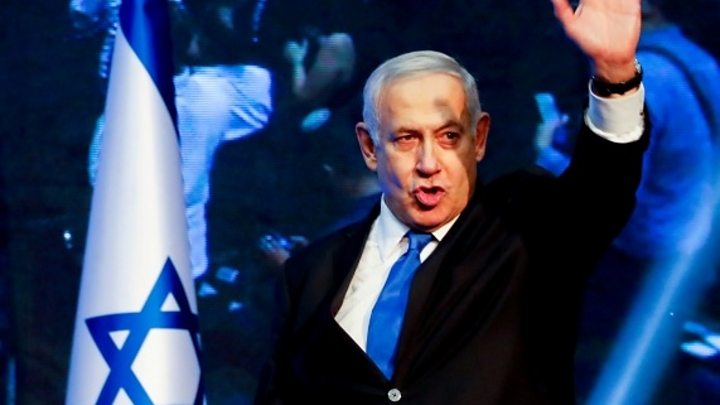MUMBAI, India — As Prime Minister Narendra Modi of India prepares for a big trip to the United States, human rights groups and three Nobel Peace Prize winners have criticized the Bill & Melinda Gates Foundation for its plan to bestow a prestigious award upon Mr. Modi next week during his visit.
The Nobel laureates sent a letter to the Gates Foundation stating that under Mr. Modi’s leadership, “India has descended into dangerous and deadly chaos that has consistently undermined human rights, democracy.’’
“This is particularly troubling to us as the stated mission of your foundation is to preserve life and fight inequity,” said the letter signed by Mairead Maguire, a peace activist from Northern Ireland; Tawakkol Abdel-Salam Karman, a Yemeni journalist and politician; and Shirin Ebadi, an Iranian lawyer and political activist.
The controversy threatens to cast a shadow over Mr. Modi’s much anticipated visit to the United States, which begins this weekend and includes meetings with oil executives, a speech at the United Nations and a planned appearance with President Trump at an Indian diaspora event in Houston called Howdy, Modi!
The Gates Foundation, which focuses on health and anti-poverty programs, is honoring Mr. Modi for his ambitious Clean India campaign, centered on an initiative that has built 100 million new toilets in India over the past five years — roughly 40 every minute.
Public sanitation has vexed India for a long time, and no one can dispute that Mr. Modi has done more than any other Indian prime minister, or perhaps any other world leader, when it comes to building toilets. His campaign is widely credited with reducing disease and greatly aiding women’s safety.
But Mr. Modi is a polarizing figure. While many Indians champion his efforts to fight poverty and see him as a strong, decisive leader, some have accused him of becoming increasingly authoritarian and empowering Hindu fundamentalists at great cost to India’s minorities.

During his trip to the United States, he might face questions about his Hindu nationalist political party’s history of stirring up tensions between India’s majority Hindus and its minority Muslims. His government’s recent moves to fully seize Kashmir, a Muslim-majority territory contested by Pakistan, is likely to be an issue.
The Gates Foundation, funded by the Microsoft fortune of Bill Gates, now finds itself in the middle.
The foundation says it still plans to present Mr. Modi with the Goalkeepers Global Goals Award at a ceremony in New York on Tuesday. The award is designed to celebrate an elected official who has promoted sustainable development goals, the foundation says.
On Monday, a handful of protesters, including some wearing “I Stand with Kashmir” T-shirts, delivered a petition with thousands of signatures to the foundation’s headquarters in Seattle. An activist group called Stop Genocide has been pushing the petition.
In response to the mounting questions, the Gates Foundation released a statement explaining its decision.
“Globally, sanitation-related diseases kill nearly 500,000 children under the age of 5 every year,’’ it said. “Yet despite its importance, sanitation has not received significant attention. A lot of governments are not willing to talk about it, in part because there are not easy solutions.’’
The reaction inside India has been muted. One publication, The Economic Times, referred to the people opposing the award as “a motley collection of Indian secularists, Pakistanis, activists and entertainers.’’
A spokesman for the opposition Congress Party, Sanjay Jha, criticized in a Twitter post the decision to give Mr. Modi the award.
“Why are we making a hullabaloo about @BillGates giving an award to PM Modi?” he said. “History tells you that Big Business will always support political establishments wherever it suits their shareholder value. It’s pure algorithm of money.”
A few celebrities have taken a stand, namely the British actor and model Jameela Jamil and the rapper and actor Riz Ahmed, both of whom pulled out of participating in the awards ceremony, as confirmed by the Gates Foundation. Neither have provided public statements on their reasons for it.
Many Indians feel Mr. Modi has bettered the lives of the poor with far-reaching social projects including the toilet initiative and pledging $359 billion in aid to the nation’s struggling farmers, as well as a plan to build 20 million new homes over the next three years. Mr. Modi won a second term in an electoral landslide in May.
But others have pointed to the surge of religiously-driven attacks while Mr. Modi has been in power. The vast majority of the victims have been Muslims or lower-caste Hindus.
And his moves on Kashmir, a flash-point territory also claimed by Pakistan, have raised deep concerns outside India.
Last month, Mr. Modi’s government swiftly and unilaterally removed the autonomy that the state of Jammu and Kashmir, which includes the restive Kashmir Valley, held for decades. The Modi administration also decided to strip the area of its statehood and turn it into two federally controlled enclaves.
To quash any unrest, the government deployed thousands of extra troops, severed internet and mobile phone service to millions of people and arrested thousands of Kashmiri intellectuals, including democratically elected representatives.
The letter by the Nobel laureates expressed concern about the state of education in Kashmir, which has been severely hampered by the security measures. Most schools have been closed for more than a month and Indian officials have been at a loss to say when students will return.
“As one of your organization’s goals is to ‘ensure that young people survive and thrive,’ please consider this statistic: In 2016 (the year the most recent data has been available), schools in Kashmir were open for only four months out of the year,” the letter stated.
An Indian government spokesman would not comment for this article. But Indian officials have defended Mr. Modi’s actions on Kashmir, saying that the area has been plagued with conflict and bloodshed for decades and that the new arrangement will promote peace.
https://www.nytimes.com/2019/09/20/world/asia/narendra-modi-bill-gates-foundation.html
2019-09-20 08:39:00Z
52780382785625
